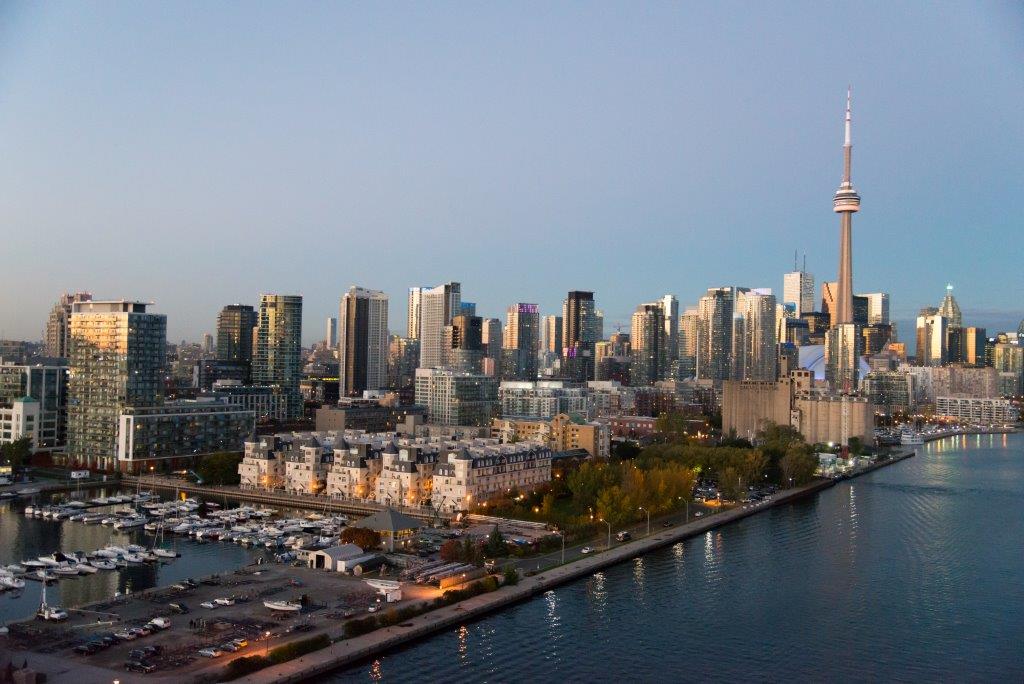The CBC has decided not to broadcast Ontario’s municipal election results live on television. The elections at the local level in cities and towns throughout Canada’s most populous province take place Monday, Oct. 22. The public broadcaster says it cannot afford the advertising revenue it would lose by pre-empting popular prime-time shows like Murdoch Mysteries in its biggest market.
Daniel Bernhard, executive director and spokesperson for Friends of Canadian Broadcasting, is a big supporter of CBC, but does not like this decision one little bit.
“Canadians expect our public broadcaster to behave like a public broadcaster. Private companies put advertisers first. CBC should put citizens first,” he said.
Catherine Tait has only been president of the CBC for a few months, but has had generally good reviews so far. She is a good communicator and can boast she is the only CBC president with a background in hands-on television production.
The decision on election night in Ontario is a major blunder. It is pennywise and pound foolish in the extreme. CBC spokespeople say the corporation will cover the elections on radio and the Internet. That is not the same as what has become the gold standard of election night coverage — live television.
When one of the most vocal supporters of an organization — in this case, the Friends of Canadian Broadcasting — feels the need to publicly chastise it, that organization should worry.
Worse, the politicians in Ottawa who vote on the CBC’s annual budget have taken note.
At a recent Senate committee hearing on the future of broadcasting and telecommunications, the CBC’s clumsy and ill-timed decision was a topic of considerable comment — none of it kind.
Many politicians in Ottawa are already dubious about the CBC. Some are outrageously ideological and do not think the government should be spending money on a service the private sector can quite adequately provide, in their view. Others are supportive in principle, but often feel frustrated by the public broadcaster. They have historically complained, for instance, that when news happens, private broadcasters send one crew, but the CBC sends four or five. That may be more than a bit unfair, given the CBC operates radio and television networks in two languages.
But politicians have other, less refutable complaints. For instance, a good many are not happy the CBC refused to carry any of the leaders’ debates during the last federal election campaign. There is back-story to that, of course. It dates back to when former prime minister Stephen Harper refused to take part in debates organized, as they had been for decades, by a consortium of broadcasters. Harper accepted invitations from others, including the Globe and Mail and the Munk Centre.
There was some justification for the CBC to balk at carrying programing of any kind over which it had no control. However, the other party leaders did take part in the debates and the CBC could have decided the public’s need for information outweighed its own need for control. In Ottawa, politicians have not forgotten what many of them view as an arrogant and heedless decision by the public broadcaster.
The lesson here is that the corporation has to really watch its backside when contemplating moves that might offend the political class.
CBC’s defenders in Parliament try to counter the free enterprise fundamentalists’ arguments by pointing to the unique public service mandate of the corporation. The CBC undercuts those defenders when it decides to so flagrantly abandon its public-service responsibilities in favour of a few dollars of ad revenue.
After a good few months, the choice the corporation made on the election in Toronto, and every other Ontario municipality, now puts the CBC’s new president way behind the 8-ball. It is especially damaging for Tait because her most concrete and prominent commitment upon taking on her new role was to re-invest in local programing, especially local news and public affairs programing.
Whoever advised Tait on this gave her utterly dumb advice. She might consider finding some new advisers, and soon.
Karl Nerenberg has been a journalist and filmmaker for more than 25 years. He is rabble’s politics reporter.
Photo: City of Toronto/Facebook




